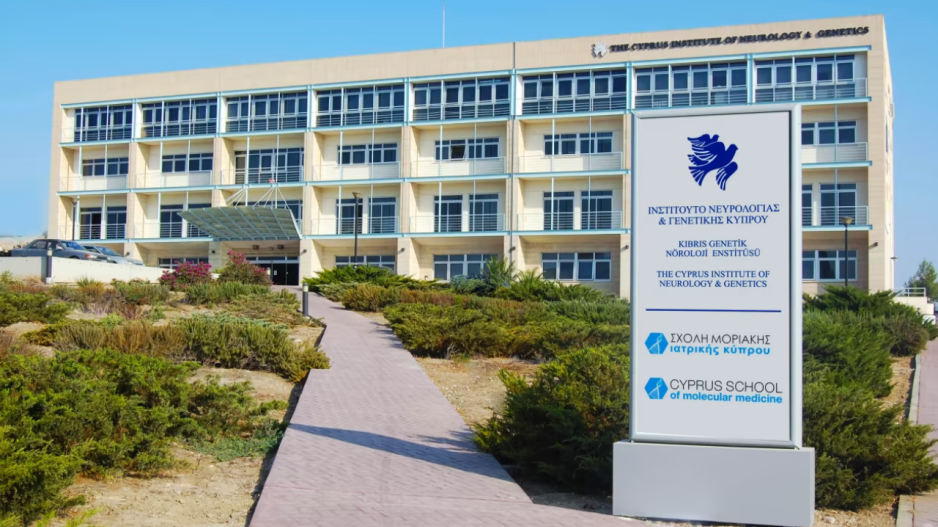CING Investigates the Value of Greek Sage in the Battle Against Alzheimer's Disease
The Neuroprotective Secrets of Greek Sage
Researchers from the Neurogenetics Departments at the Cyprus Institute of Neurology & Genetics (CING) have delved into the beneficial properties of Greek sage (Salvia fruticosa) extracts in relation to Alzheimer's Disease (AD). As highlighted in CING's January newsletter, their findings bolster the belief in the neuroprotective potential of Greek sage, reinforcing its potential role as an antioxidant in medical formulations.
These distinctive properties earmark Greek sage as a promising source for obtaining bioactive substances. Such substances could be instrumental in developing treatments that combat the effects of Alzheimer's Disease, the research suggests.
The study points out two primary hallmarks of AD in the brain: the formation of extracellular plaques composed of beta-amyloids (Aβ), which induce neuronal toxicity, and the escalation of oxidative stress. Notably, these two phenomena appear interconnected, as oxidative stress is a key factor in the accumulation of Aβ peptides. This accumulation further exacerbates oxidative stress, thereby amplifying neurotoxicity in the brain.

There remains a pressing need for innovative and effective drugs to combat AD, with targeting beta-amyloid plaques being a principal focus. The research underscores the potential of medicinal plants, like Greek sage, as a significant source of therapeutic agents. These plants, endowed with neuroprotective and antioxidant qualities, could be pivotal in counteracting the neurotoxic effects caused by beta-amyloid accumulation.
The study also suggests that the combined neuroprotective and antioxidant effects of certain medicinal plants may pave the way for their use in developing both pharmaceuticals and functional foods aimed at treating Alzheimer's Disease.
The research has been published in the scientific journal Plants, under the title “Chemical Profiling and Antioxidant and Anti-Amyloid Capacities of Salvia fruticosa Extracts from Greece”.






